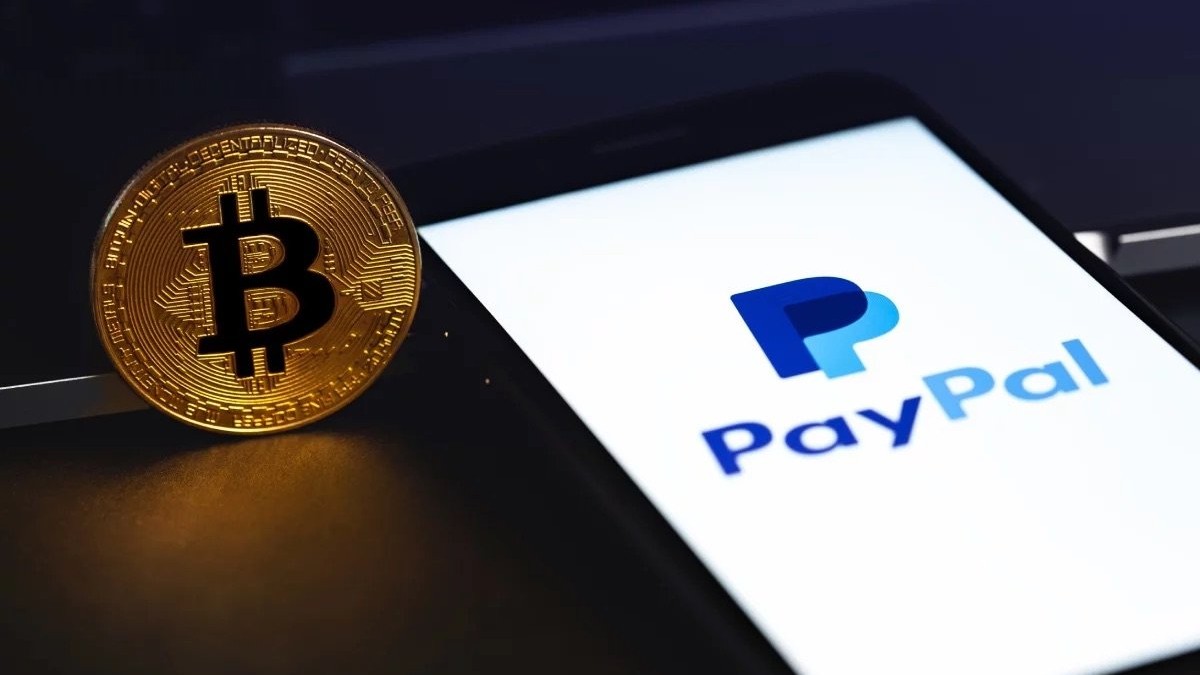PayPal’s PYUSD stablecoin has faced challenges in proving itself in the competitive stablecoin sector since its launch in August. To increase the liquidity of PYUSD, the issuer is now exploring opportunities in the decentralized finance (DeFi) space, including discussions with AAVE.
Entry into the DeFi Arena: Aave’s Community Control
Aave, a leading lending protocol, is gauging community sentiment for the potential integration of PYUSD into Aave’s Ethereum pool. The ongoing vote, ending on January 11, follows PYUSD’s activation on the Curve automated market maker in late December.

PayPal marked a significant milestone by introducing PYUSD in August, becoming the first major financial institution to offer a dollar-pegged crypto instrument. However, questions about PYUSD’s unique use case have emerged in the stablecoin sector dominated by Tether and Circle.
PayPal’s Marketing Process
PayPal’s marketing language suggests PYUSD’s use for payments within the PayPal app, while its deployment on centralized exchanges indicates a focus on crypto trading. The lack of public data on PYUSD’s use for payments within the PayPal app leaves its success in this aspect uncertain.
PYUSD is currently the twelfth largest stablecoin by market value and experienced a 63% circulation increase last month. Despite this growth, PYUSD lags behind in transaction volume, ranking below stablecoins like Terra Classic and Binance USD.
Challenges and Opportunities
Clara Medalie, the Director of Expansion at DeFi research firm Kaiko, notes that all stablecoins face tough competition against USDT. PYUSD is issued by Paxos, a New York-based crypto firm that previously launched Binance’s BUSD stablecoin.
In late 2024, Paxos partnered with Trident Digital, an institution-focused crypto platform, to increase PYUSD’s on-chain liquidity. Trident Digital, responsible for PYUSD’s activation on Curve and the current Aave proposal, envisions a symbiotic relationship between the two protocols.
Looking Ahead: DeFi Potential
If the Aave proposal is approved, Trident Digital, with contributions from Paxos and other parties, proposes to provide $5-10 million in liquidity to the pool. This strategic move aims to kickstart PYUSD’s liquidity increase and position it as a competitive player against established stablecoin giants.
While Paxos has not commented on these developments, Trident Digital sees DeFi as a potential catalyst for PYUSD’s liquidity goals. As PYUSD overcomes the challenges of competing in the stablecoin world, entering DeFi serves as a crucial starting point that causes ripples in the broader crypto ecosystem.

 Türkçe
Türkçe Español
Español









